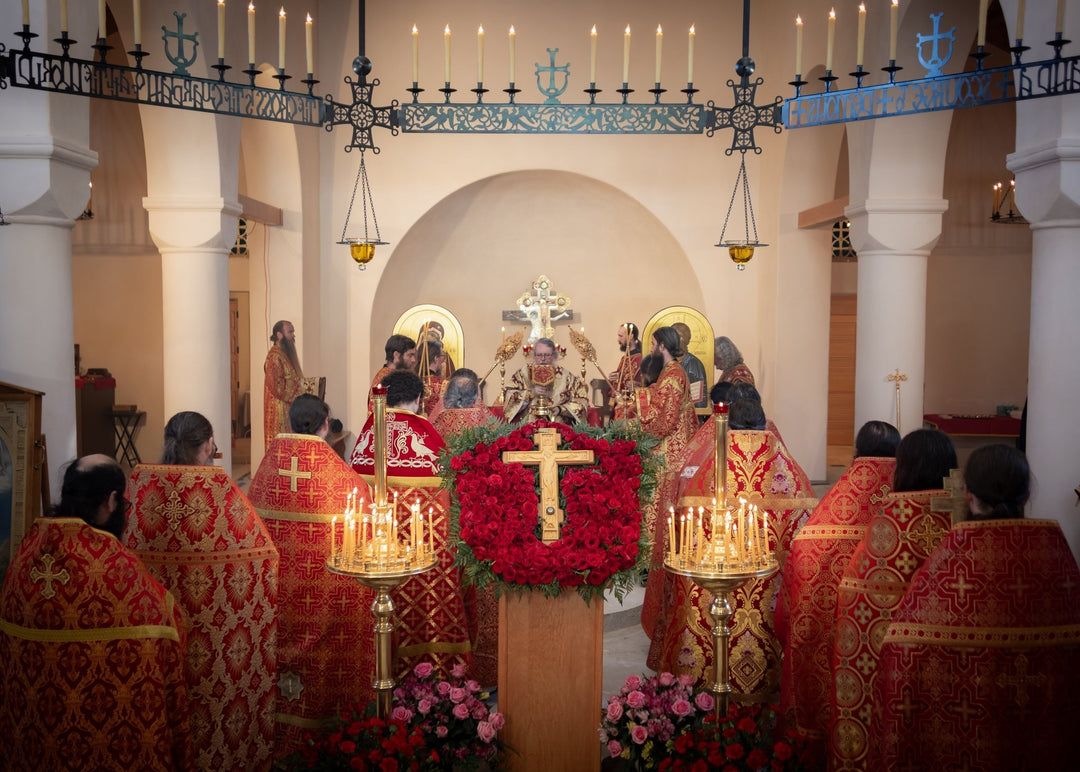Sermons & Homilies
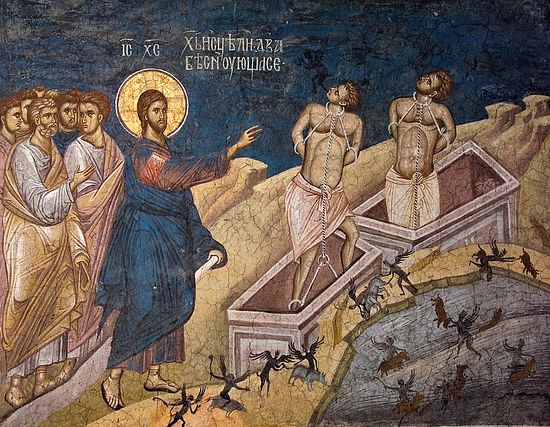
Today, in the Gospel, we heard of a case of demonic possession. Most of the world does not have to bear such a cross; even so, we all have to bear something difficult. We have all been born into and formed within this fallen world. Now, we all find ourselves here, in this church, waiting upon the mercy of God, seeking to draw closer to Him in our hearts, awaiting Holy Communion which knits us together by grace, transforming us all together more and more into the Body of Christ. It seems that most of the world has gone mad; what is called normal by it is called demonic possession by us.

In today’s Gospel reading, we heard about the garden of the heart, that area in each person wherein the grace of the Holy Spirit acts and, depending on how the heart has been cultivated, helps each grow spiritually.
How are we to understand this Gospel passage? We should understand that the purpose of instructing with parables is not to convey images which are visible to the eyes of the body. Rather, those images which are understood by our senses are used to communicate spiritual and intellectual realities to the eyes of the mind.
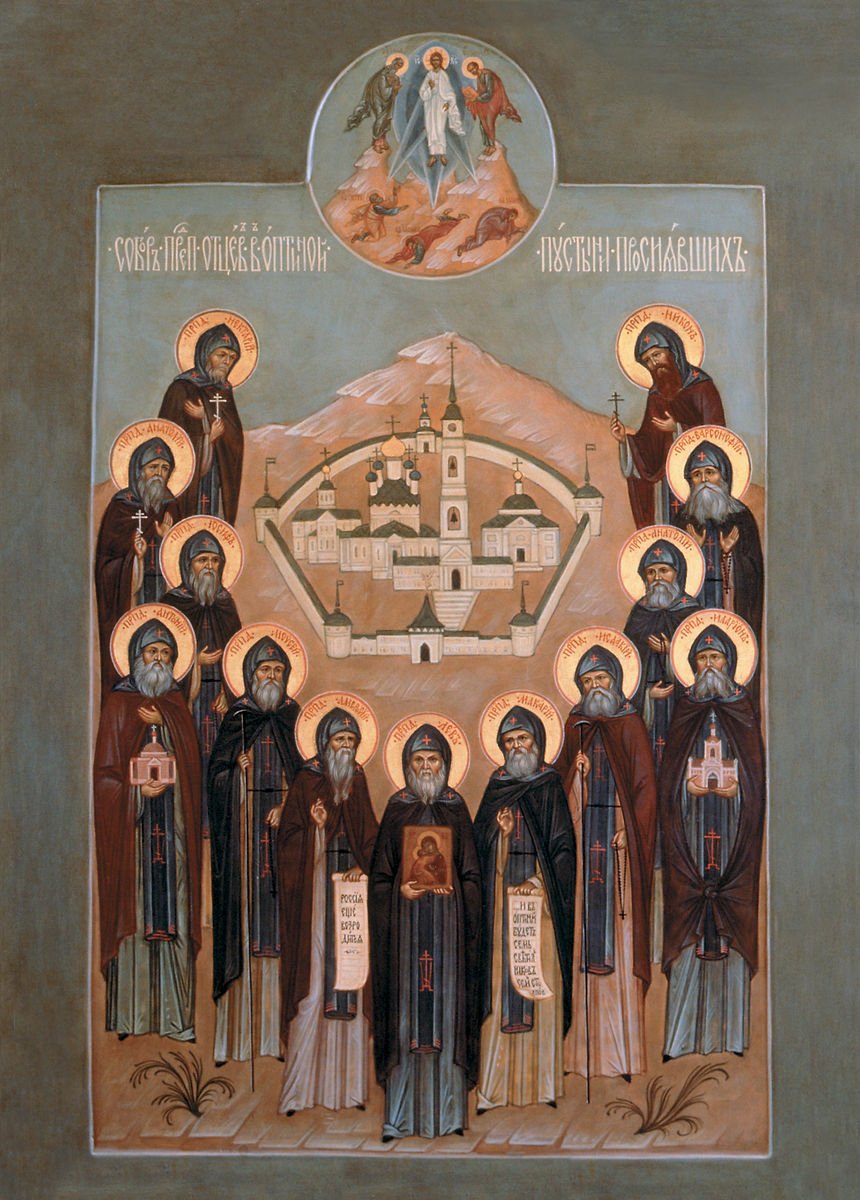
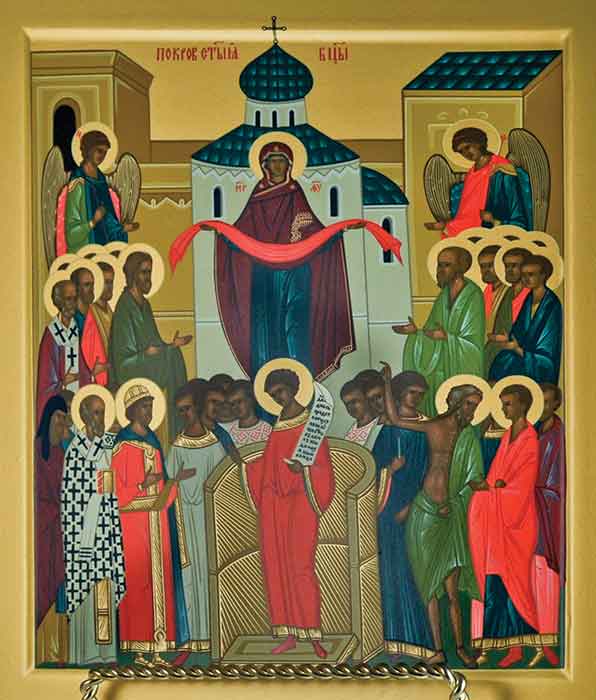
Since our entry into the Orthodox Church—that is, since our unification to the very Body of Christ through Holy Baptism or Chrismation—Christ and His Holy Spirit have come to dwell within the depths of our hearts, together with the Father.
The saints teach us this incredible reality and grace of God; satan is dethroned from our hearts, and is cast out from our midst, able only now to tempt us from the outside; and Christ is seated once again as rightful King upon His throne, the human heart.
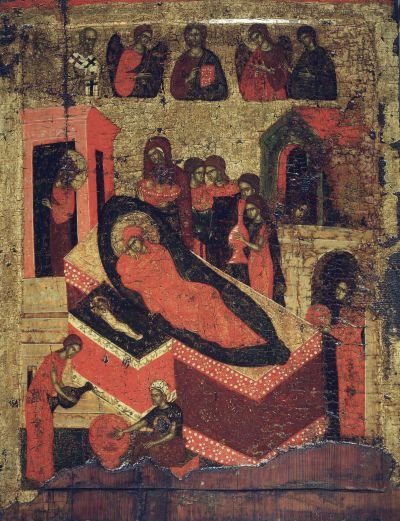
Today we honor the Mother of God, the Theotokos, who was born to barren Anna. Her honor comes not only from the height of her virtuous life but also on account of being chosen by God to give birth to God in the flesh. It was she who, as St. Gregory Palamas said, stands “between God and every race of men, she made God the Son of man, and men the sons of God.”2 In this manner, then, we can understand what Elizabeth meant when she says to her cousin “Blessed are you among women”...






